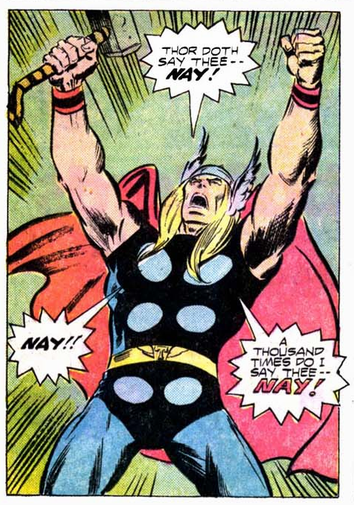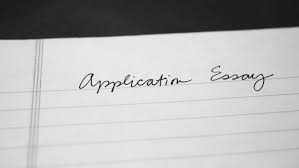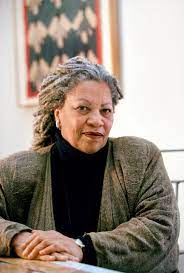Who reads undergraduate admissions essays? Who makes the determinations whether applicants get the coveted email with attachments for signing up for their dorm and selecting a roommate or the dreaded “we regret to inform you that we had too many qualified applicants this year and that there is no space for your sorry over-reaching self”? Whose responsibility is it to consider the words of the applicants? Are essays read by austere professors with long white beards or somber dark skirts? Have readers taken off their lab coats or stopped working on grants for the National Institute of Mental Health long enough to point down from the mountain top and proclaim, “yea, there is a spark of the divine in this submission” or, as the case may be, “Verily, I say thee nay!”
As an aspiring undergraduate in the mid-70s, I certainly believed this scenario—that tenured professors or literature PHDs were tasked with determining if I would be admitted based on my ability to explain myself in 500 words. I was also convinced that any imperfection in my application essay would be met with derision. “Hey look,” my fevered imagination suggested, “this Altshuler fellow thinks he’s good enough to enroll! Yet he has a misplaced modifier right here in his second paragraph and a parallel structure error on page two!”
I was also convinced that some esteemed presence in the office of admissions was keeping track of how often I sent away for an application. In the days before home computers in general or the Common Application specifically, trying to type demographic information on those little lines was a thing. White Out quickly devolved into a sticky morass. Could I write the college requesting yet another application? Maybe my inability to type that information where it belonged was the universe’s way of communicating that I “wasn’t college material.”
I was certainly paralyzed by apprehension, unable to write a coherent sentence never mind a complete essay. Did I lack insight into the process? Sure. Did I lack insight into who I was. Absolutely. So I stared at a blank page week after week. I had no idea “what [the colleges] were looking for” and applied, finally, and was admitted to a university—that did not require an essay as part of the application.
This admission may seem odd given that this blog post is my 647th. I have never missed a Tuesday morning deadline in over 12 years. Writing provides me with contentment. I enjoy stumbling on just the right phrase or believing that I have communicated effectively.
So who am I to spout advice to high school seniors grappling with the dreaded “who are you” questions? Am I especially sensitive to their journey having lived it myself all those years ago? Am I qualified to pontificate based on having read not hundreds but thousands of essays over the succeeding decades? Has chatting with admissions officers for the past 38 years given me standing to advise? I hope so.
For what it’s worth, here is some gentle guidance:
- A softball player cannot both hit the ball and run to first base at the same time. If they run before swinging the bat, they get hit with the pitch and look silly. If they stand around after hitting rather than running, they will be thrown out. Similarly, you cannot both write and edit at once. There is an order, a process. The first job is to GET WORDS ON A PAGE. Nothing is more dreadful than a blank screen. THEN, when you have a bunch of thoughts in front of you, go ahead and edit. Editing comes second, is a separate procedure.
- “High school” is two words.
- The best essays are not necessarily the longest. Six hundred fifty words is the maximum, not the goal. Don’t overstay your welcome.
- TRY. NOT. TO. BE. TOO. HEAVY. The tone you’re looking for is light, pleasant, anecdotal, bordering on humorous. You trained hard and won the district wrestling tournament? Good for you. Now you have something to mention in the activities section.
- English is capitalized because there is a place called England. Math is not capitalized; there is no place called mathland.
- Disclose that which is personal. But not too much. Unlike a duck hanging in a restaurant window, you are entitled to your privacy.
- Relax and, to the extent possible, enjoy.
- Your kids are going to love reading what you came up with 30 years from now when they themselves are writing. Save copies.
Oh, and who is indeed reading admissions essays in 2022? Brilliant, judgmental, literary geniuses? Toni Morrison, John Irving, Dave Barry, and the ghost of Jane Austen? Not so much. John Milton? Not even close. Chances are your essays will be considered by a twenty-something “external reader” working for around $24/hour. They will be evaluating the earnest outpouring of your adolescent soul at the rate of about twenty essays an hour. (See Number 6 above.)









One thought on “Essays”
No. 2. All. day. long.